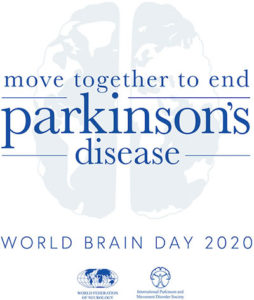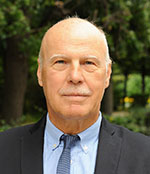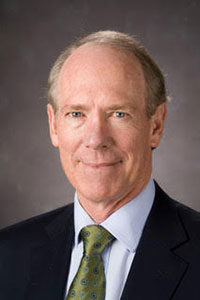By John D. England, Wolfgang Grisold and Juan J. Vilchez
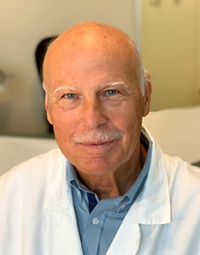
Wolfgang Grisold
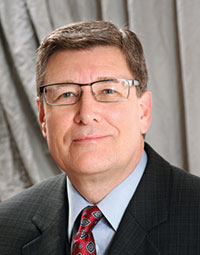
John D. England, MD
The COVID-19 pandemic has disrupted almost everything, including international meetings. ICNMD 2020, which was scheduled to take place in Valencia, Spain, in July 2020, was cancelled because of global travel restrictions.
The unprecedented situation necessitated the development of new strategies for holding the meeting. The ICNMD team decided to provide a virtual (digital), brief, topic-focused update on neuromuscular diseases for 2020. Since many new diagnostic and therapeutic options are increasingly available, an interim update was deemed to be important. Specific examples for which new therapies are available include spinal muscular atrophy (SMA), hereditary ATTR (hATTR), amyloidosis, and myasthenia gravis. Many additional therapies are in various stages of development.
The challenge was to organize and dedicate speakers who could present time-sensitive information on myopathies, neuropathies, neuromuscular transmission, and motor neuron disease, as well as satisfy the requirements of an EACCME-accredited meeting. Time also was dedicated for excellent industry-sponsored presentations, similar to satellite symposia in face-to-face meetings.
With the help of professionals from International Conference Services Ltd, the development and fulfillment of ICNMDigital 2020 went extremely well. ICNMDigital achieved an impressive attendance of over 796 delegates from more than 58 countries. The program featured 27 speakers in 12 scientific sessions across four thematic days. In addition, several Industry-Supported Symposia were presented. Feedback from attendees was very positive, and most participants suggested that some form of virtual presentations remain a part of future meetings.
As validation of the sucess of the conference, we offer the following comments from participants:
“We hope that 2021 will give us the possibility to organize the live congress again in Valencia, and definitely we have learned that virtual sessions and hybrid constructions will be useful and necessary in the future.”
“ICNMDigital met the challenge to organize in a very short time frame an exciting congress with outstanding content. The technical staff was incredibly helpful to make it a successful and smooth experience. Two thumbs up for organizers and all people with hands on!” –Laurent Servais
“I was fortunate to be able to give a talk alongside Mary Reilly, one of the best inherited neuropathy researchers in the world. Her talk brought a great crowd and set us on the right track. Davide Pareyson was a wonderful moderator, and we had incredible questions from the audience. The virtual format worked well, and I think encouraged even more thoughtful questions, which is what helps everyone learn. The ICNMD conference pulled off a great conference given very difficult circumstances.” – Brian Callaghan
As a reminder, the live ICNMD 2021 meeting is scheduled for May 28-June 1, 2021 in Valencia, Spain. Faculty from ICNMDigital 2020 will again join with the addition of new experts/sessions addressing updates and breakthroughs in research. A special session on COVID-19 is planned. All previously accepted abstracts remain on the schedule for ICNMD 2021. In addition, the ICNMD 2021 website will reopen for new or updated abstract submissions. See www.icnmd.org for details. •
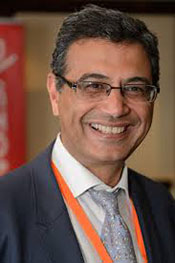
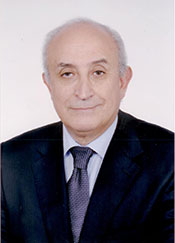
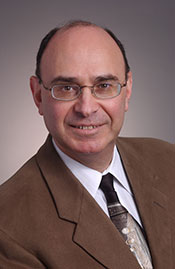
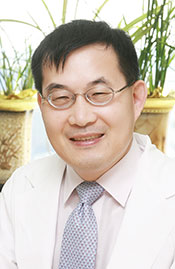
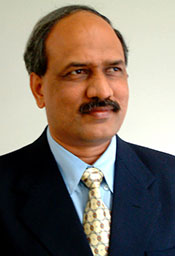
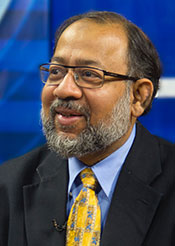
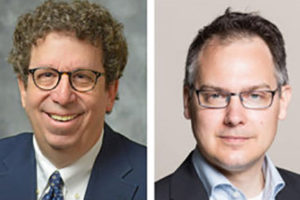
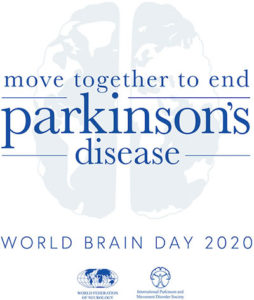
 World Brain Day was launched in 2014. Since then, the WFN, jointly with other international societies such as International League Against Epilepsy, World Stroke Organization, and the International Headache Society, chooses a topic with a view to drive home the importance of brain health and promote better neurological care globally.
World Brain Day was launched in 2014. Since then, the WFN, jointly with other international societies such as International League Against Epilepsy, World Stroke Organization, and the International Headache Society, chooses a topic with a view to drive home the importance of brain health and promote better neurological care globally.